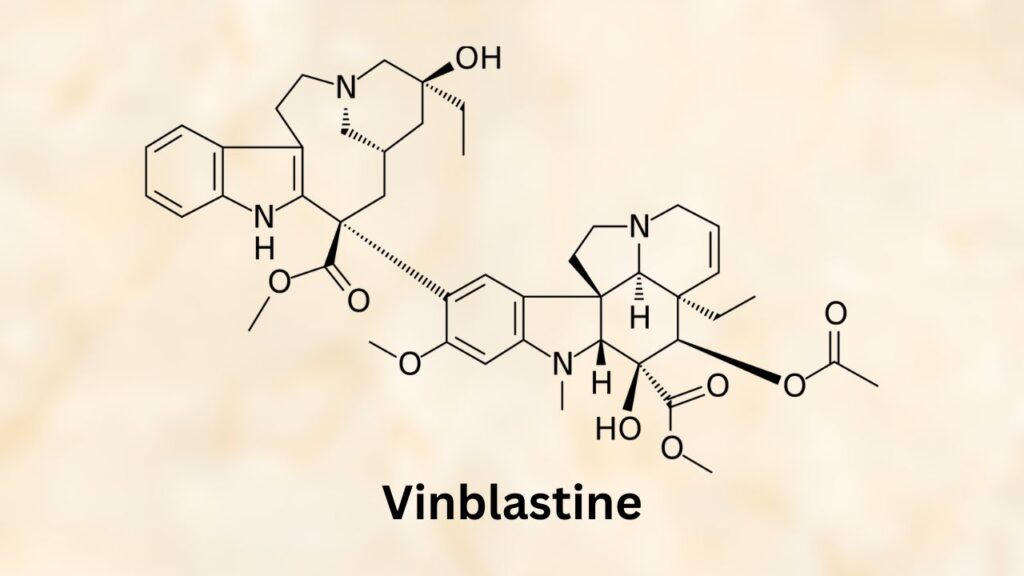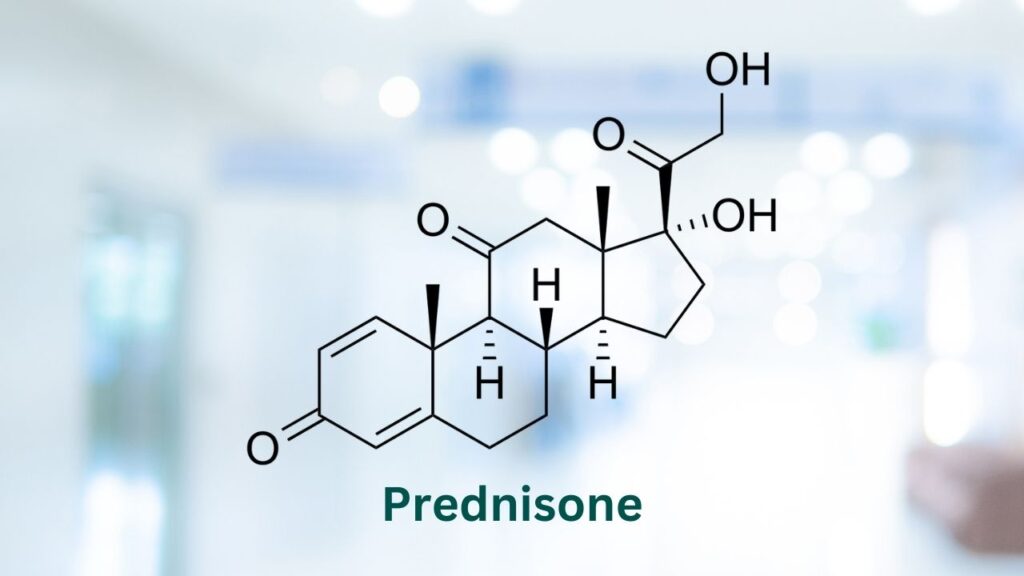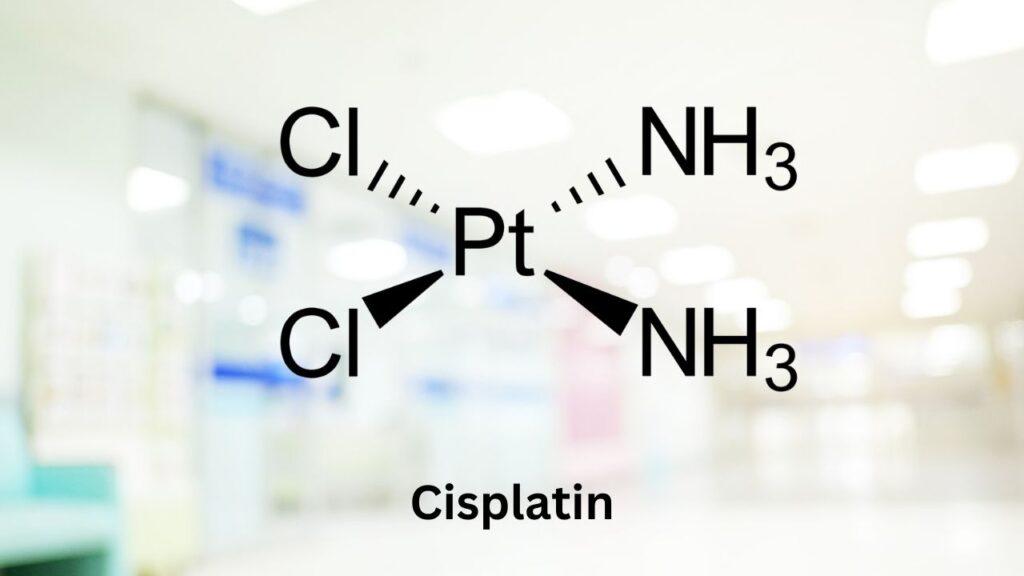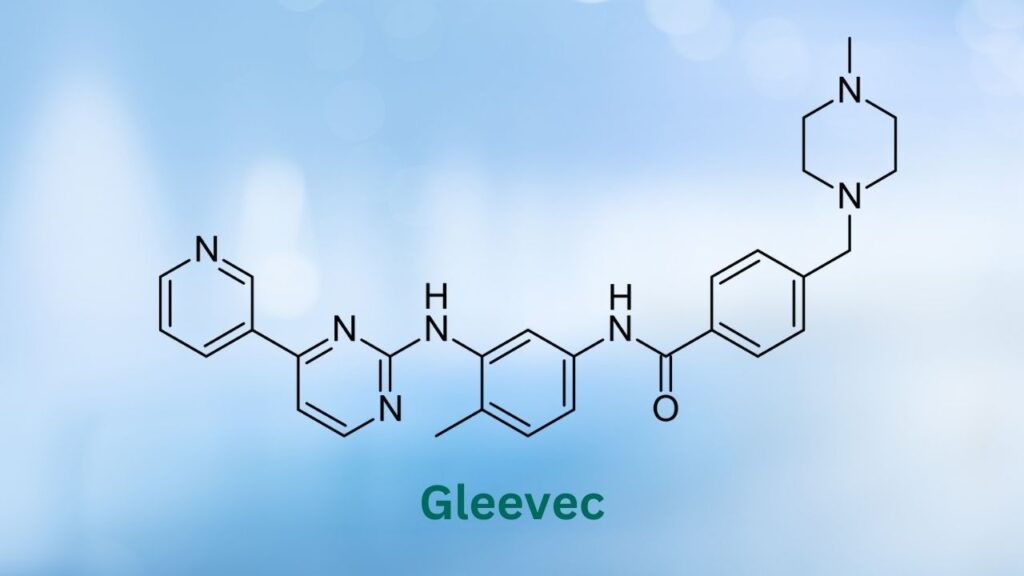Vincristine is a chemotherapy drug best known for its part in the CHOP protocol to treat dog lymphoma.
Key Takeaways
- In dogs, vincristine is used to treat blood cancers and immune-mediated thrombocytopenia.
- The side effects of vincristine for dogs include vomiting, diarrhea, poor appetite, bone marrow suppression, and neurological issues.
- Vincristine stays in the dog’s system for at least three days.
- Vincristine is a high-risk drug because, like any chemotherapy, it can be harmful to healthy people and dogs if they get accidental exposure.
- Vincristine can cause seizures in dogs, but this is not common.
What Is Vincristine for Dogs?
Vincristine was isolated from the plant Rosy Periwinkle in the 1956’s.1 Vincristine is a vinca alkaloid and it acts by preventing cells from dividing or reproducing.2 By limiting cell growth, the drug stops cancer from progressing. Veterinary oncologists primarily use vincristine for dogs with lymphoma.
Vincristine is an intravenous (IV) chemotherapy medication. It is administered at the veterinary hospital as an injection through an IV catheter. The catheter is important because vincristine can cause tissue damage if it goes outside the vein.
Brand Names
Oncovin®
Vincasar PFS®
How Vincristine in Dogs Works
Vincristine stops the replication of cancer cells.2 This slows or stops tumor growth.
Vincristine is metabolized by the liver and mostly excreted in bile and feces, with some leaving the body in the urine.4
Common Uses of Vincristine in Dogs
Vincristine is probably best known for its role in treating canine lymphoma, but it can also be used for other diseases.
Vincristine in Dogs Treating Lymphoma
Vincristine may be used in various protocols for the treatment of canine lymphoma. Each lymphoma subtype carries a different long-term prognosis and often requires a different protocol.4
Vincristine is perhaps best known for its role as the O in CHOP (for the brand name Oncovin), but it is also commonly used in many other multidrug lymphoma protocols.
Your veterinarian may want to substitute vincristine with its cousin, vinblastine.
Vincristine in Dogs Treating Other Cancers and Diseases
Vincristine is also used to treat other cancers and diseases. These include:4,5
- Leukemia
- Transmissible venereal tumors (TVT)
- Immune-mediated thrombocytopenia (vincristine helps to increase platelet counts)
When to Not Use Vincristine in Dogs
There are some situations when vincristine is either not the best choice of treatment, or should be used with caution:3,4
- Dogs with the MDR1 gene mutation (most often reported in Collies, Australian Shepherds, and Border Collies, but not limited to these breeds). These dogs are more likely to develop side effects.
- Border Collies (even those that are MDR1 negative) appear to be more prone to vincristine’s side effects.
- Dogs with low white blood cell counts.
- Liver disease or infections.
- Pregnant or breeding dogs (may cause sterility in males).
- Cancer of the brain or spinal cord – vincristine binds to tissue proteins and cannot cross the blood-brain barrier.
How to Give Vincristine in Dogs
Vincristine must be administered through an IV catheter in a veterinary facility. If the medication moves outside the vein while injected, it can cause extensive tissue damage.4
Complete blood cell (CBC) counts are typically performed before each treatment, and your veterinarian may delay treatment if your dog has a low white blood cell count.3
When given as part of a multidrug protocol such as CHOP, the frequency of the vincristine treatments will depend on the exact protocol used.
What If I Miss a Dose?
If you miss your dog’s chemotherapy appointment, call your oncologist as soon as possible to reschedule. Sometimes, an appointment may be rescheduled or skipped to give your dog extra time to recover from side effects.
Storage and Handling
Storage and handling will be the responsibility of the veterinary facility. Vincristine is an injectable chemotherapy drug, so you will not need to worry about giving it at home.
Safety and Side Effects
Chemotherapy in dog cancer aims to prolong life without affecting life quality. To avoid side effects, lower doses are given in dogs than in humans. When they occur, the possible side effects of vincristine include:3,4
- Vomiting
- Inappetence
- Diarrhea
- Constipation, if it causes paralytic ileus and the intestines slow down
- Low white blood cell count
- Neurotoxicity – wobbly and uncoordinated, weakness, or seizures. Neurological side effects may be more likely when vincristine is given with the chemotherapeutic drug L-asparaginase.
- Increased liver enzymes
- Decreased clotting
- Coat changes and hair loss
- May increase the likelihood of uric acid bladder stones in dogs predisposed to developing them.
If you notice any side effects after treating your dog with vincristine, please notify your dog’s veterinarian.
Like many chemotherapy drugs, you will need to take some special precautions after your dog receives a treatment of vincristine. Use gloves when handling bodily waste (i.e. vomit, urine, feces) and double bag the waste before disposing in the garbage. This should be done for at least three days after treatment.3
- Vincristine and Vinblastine: life-saving drugs from a periwinkle, John Innes Centre, https://www.jic.ac.uk/blog/vinblastine-and-vincristine-life-saving-drugs-from-a-periwinkle/
- Vincristine, Cancer Research UK, updated 8/2022, https://www.cancerresearchuk.org/about-cancer/cancer-in-general/treatment/cancer-drugs/drugs/vincristine#:~:text=Vincristine%20is%20a%20chemotherapy%20drug,the%20growth%20of%20the%20cancer.
- Plumb D. Vincristine. Plumb’s Formulary, In: Plumb DC ed. June 30, 2022.
- Brooks W. Vincristine, VIN, 3/21/2004. 7/28/2021, https://veterinarypartner.vin.com/default.aspx?pid=19239&id=4952045
- Hantrakul S, Klangkaew N, Kunakornsawat S, Tansatit T, Poapolathep A, Kumagai S, Poapolathep S. Clinical pharmacokinetics and effects of vincristine sulfate in dogs with transmissible venereal tumor (TVT). J Vet Med Sci. 2014 Dec;76(12):1549-53. doi: 10.1292/jvms.14-0180. Epub 2014 Aug 21. PMID: 25649934; PMCID: PMC4300367.
Oncovin® is a registered trademark of Eli Lilly
Vincasar PFS® is a registered trademark of Teva Pharmaceuticals USA, Inc.
Topics
Did You Find This Helpful? Share It with Your Pack!
Use the buttons to share what you learned on social media, download a PDF, print this out, or email it to your veterinarian.






